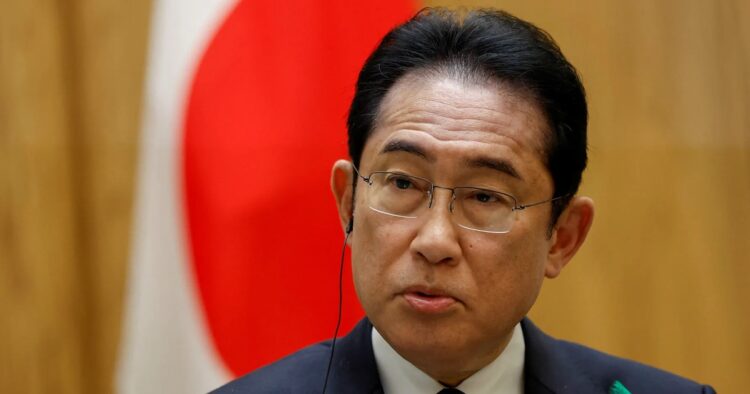Several Japanese lawmakers from both ruling and opposition parties have urged Prime Minister Fumio Kishida’s government to investigate potential connections between carmakers and forced labor in China’s Xinjiang region, according to a report by Human Rights Watch (HRW). The report alleges that since 2017, China has been committing humanitarian abuses against Uyghur and other Turkic Muslim populations, including arbitrary detention, enforced disappearances, and forced labor.
The lawmakers have called on the Japanese government to explore “measures and alternatives” for aluminum exports tainted by potential forced labor in China. The HRW report points to evidence suggesting that aluminum producers in Xinjiang are involved in labor transfers supported by the Chinese state, coercing Uyghur and other Turkic Muslim populations into various jobs within Xinjiang and beyond.
The report highlights the role of the Non-Partisan Parliamentary Association for Reconsidering Human Rights Diplomacy, founded in 2021 by former parliamentarian Shiori Kanno and ruling party lawmaker Gen Nakatani. This group, a rare voice within Japan’s national legislature advocating for human rights in foreign policy, has been instrumental in pushing for measures such as a human rights sanctions law and a human rights due diligence law.
However, Kanno, a prominent member of the association, has faced accusations from Hong Kong authorities in the trial of Jimmy Lai, founder of the now-defunct pro-democracy newspaper Apple Daily. Despite these allegations, the HRW report suggests that Kanno’s campaign against supply chain abuses may be causing concern for the Chinese government.
The report emphasizes the importance of the Japanese government’s response, urging swift enactment of a human rights due diligence law and a human rights sanctions law. Additionally, the government is encouraged to consider imposing targeted sanctions on officials implicated in serious human rights abuses.
In light of these calls from lawmakers and human rights advocates, pressure is mounting on Japan to take concrete actions addressing the alleged forced labor practices in China’s Xinjiang region. The outcome of these efforts could have significant implications not only for Japan’s foreign policy but also for international efforts to combat human rights abuses worldwide.

















Comments